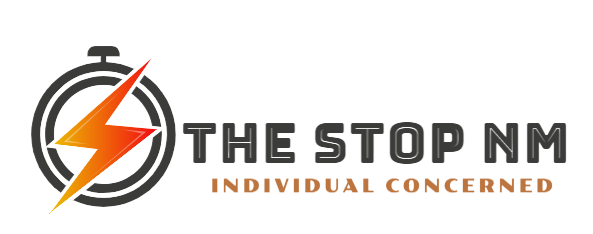The question of whether neural networks should have legal rights is a complex one, which has been gaining traction in recent years due to the rapid advancements in artificial intelligence (AI) and machine learning. Neural networks are algorithms modelled after the human brain, designed to recognize patterns and interpret data. As these systems become more sophisticated, they are increasingly capable of performing tasks previously thought to be exclusive to humans such as creating original content or making autonomous decisions.
Advocates for granting legal rights to neural networks argue that these entities could reach a level of sophistication where they can exhibit characteristics typically associated create image with neural network personhood. They suggest that if an AI can create original work or make decisions independently, it should be recognized as a legal entity with certain rights and protections. This argument is bolstered by instances where AI has created artwork or written pieces – creations traditionally attributed solely to humans.
From this perspective, recognizing neural networks as legal entities would also help address accountability issues arising from their actions. If an AI makes a decision resulting in harm or damage, who should be held responsible? By assigning some form of legal status to neural networks, we might better navigate these murky waters.
However, opponents argue that granting legal rights to non-human entities could set a dangerous precedent. They point out that despite their complexity and capability for independent action; AIs do not possess consciousness or emotions – key components of being human. Granting them similar rights could blur the line between machines and humans.
Moreover, critics contend that even though AIs can produce creative works or make decisions autonomously, they do so based on pre-programmed instructions rather than genuine creativity or free will. Thus arguing against giving them copyrights over their creations or holding them accountable for their actions.
Furthermore, there’s concern about potential misuse of such laws by corporations seeking additional protections for their AI technology under the guise of ‘rights’. This could lead to further concentration of power in tech companies at the expense of individual privacy and public interest.
The debate over whether neural networks should have legal rights is far from settled. It’s a complex issue that touches on philosophy, ethics, law, and technology. As AI continues to evolve and permeate various aspects of our lives, it becomes increasingly important for us to engage in these discussions. While the idea of granting legal rights to neural networks might seem far-fetched today, we must remember that our legal systems have evolved over time to accommodate new realities. Whether or not this includes extending legal rights to artificial intelligence remains to be seen.




